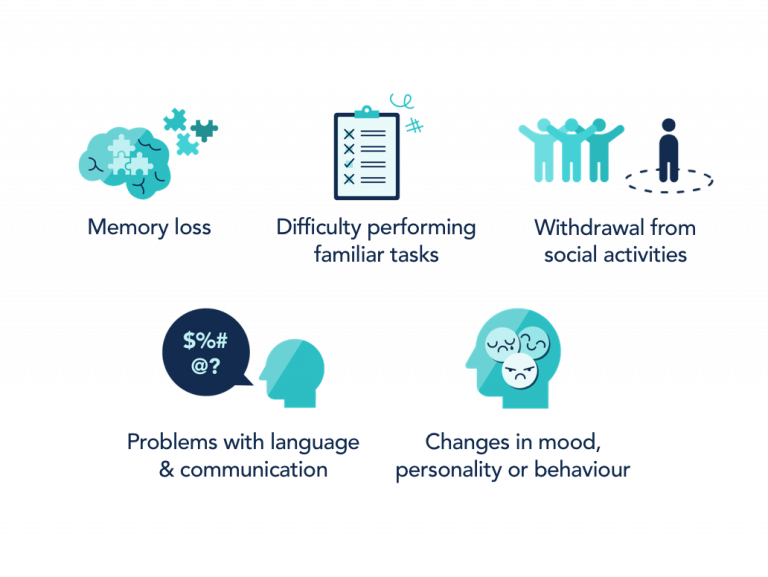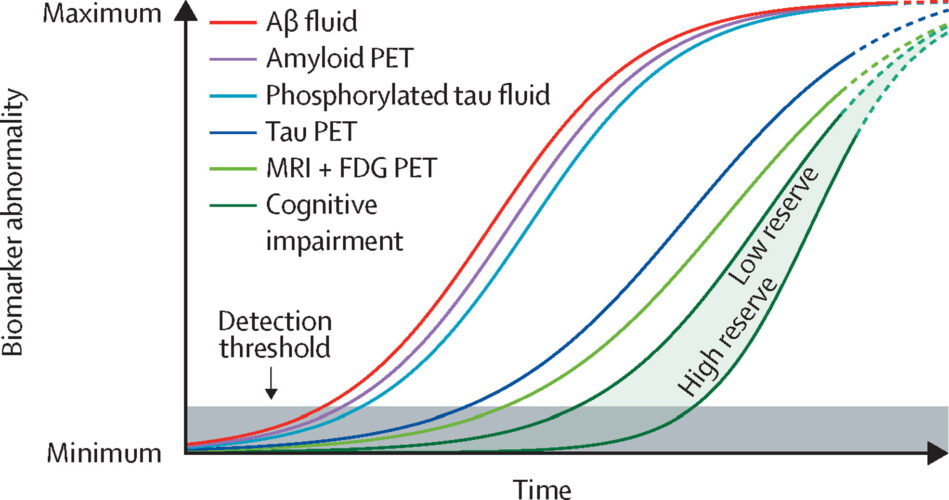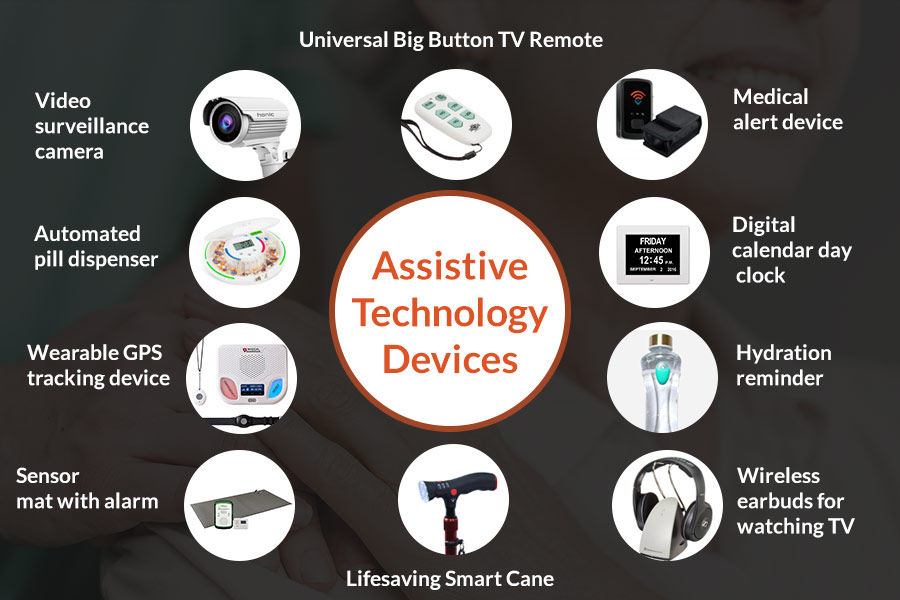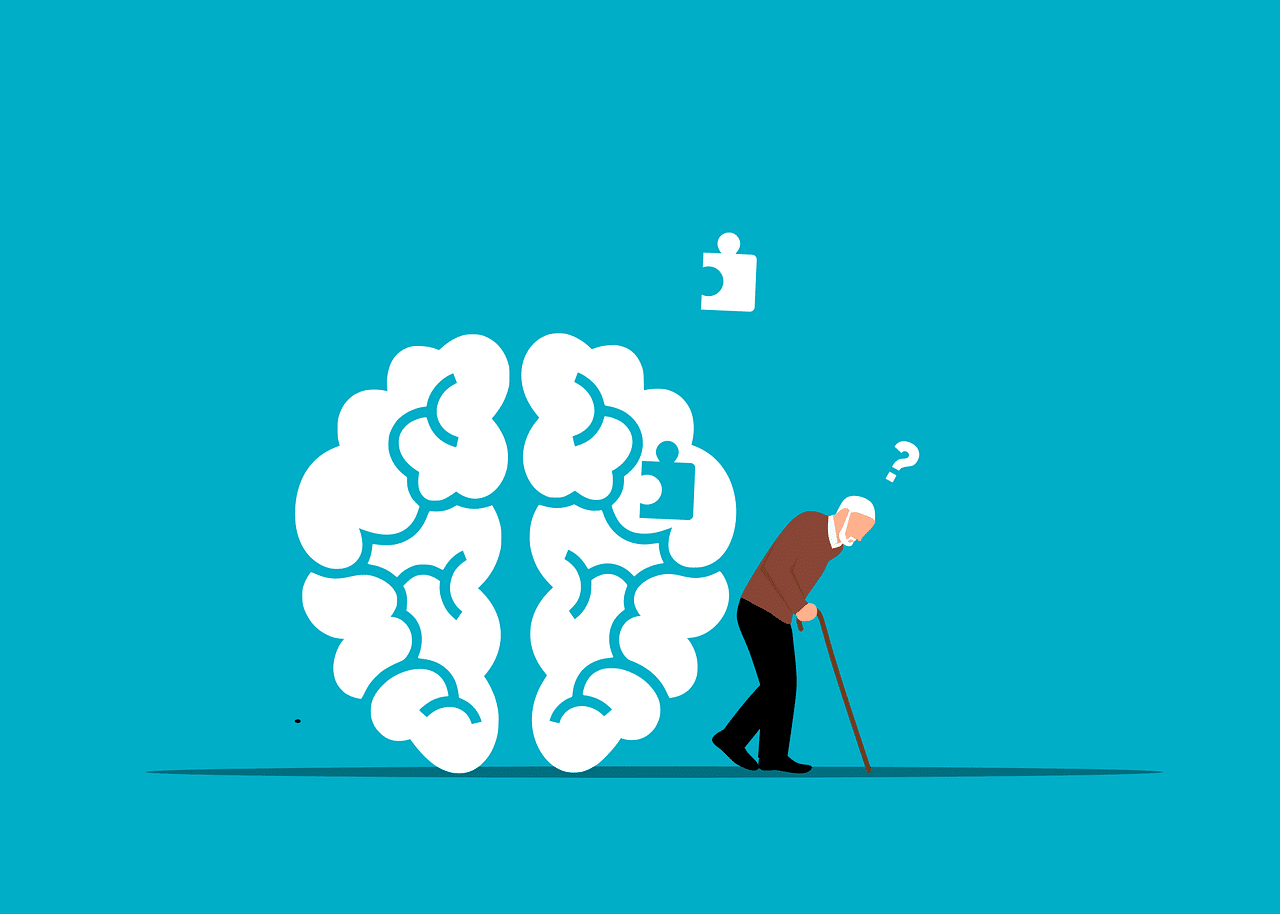Understanding the Concept of Cognitive Decline
Cognitive decline essentially refers to the gradual deterioration of cognitive functions, such as thinking, reasoning, memory, and attention. It is a common occurrence in aging, but it is essential to differentiate it from the normal aging process. While occasional forgetfulness might be a part of aging, consistent memory loss or confusion may indicate a more severe form of cognitive decline.
Disentangling Cognitive Decline from Normal Aging
The natural aging process brings about subtle changes in cognitive abilities, but these are not debilitating or progressive like cognitive decline. For instance, it’s normal to occasionally forget names, but regularly forgetting familiar faces may suggest a cognitive decline.
Types and Stages of Cognitive Decline
Several types of cognitive decline exist, including Mild Cognitive Impairment (MCI), dementia, and Alzheimer’s disease. Each stage is characterized by specific symptoms and degrees of cognitive impairment. MCI patients might experience minor memory problems, while those with Alzheimer’s can have severe memory loss and confusion.
Please refer to the resources from the National Institute on Aging for more in-depth information.

Factors Contributing to Cognitive Decline in the Elderly
The inevitable progression of age often ushers in a host of changes, not least of which is cognitive decline. Although not all elders experience this, a significant number do, and it’s often due to a combination of age-related factors, health conditions such as Alzheimer’s disease and Dementia, and specific lifestyle and environmental factors.
- Age-related factors: Aging naturally brings about changes in the brain’s structure and function, leading to slowed mental processing speed, memory loss, and decreased cognitive flexibility.
- Health conditions: Certain health conditions, predominantly Alzheimer’s disease and Dementia, are notable contributors to cognitive decline in the elderly. These conditions cause a progressive degeneration of brain cells, resulting in severe memory loss and cognitive impairment.
- Lifestyle and environmental factors: Diet, physical activity, social engagement, and exposure to toxins can all impact cognitive health. Sedentary lifestyles, poor nutrition, social isolation, and exposure to environmental pollutants can accelerate cognitive decline.
Understanding these factors can help in the development of strategies to slow cognitive decline and improve quality of life for our aging population.
Symptoms and Signs of Cognitive Decline
Recognizing the signs of cognitive decline is the first step in ensuring the safety of our elderly. They often manifest in the following ways:
- Memory loss and forgetfulness: It’s normal to occasionally forget things, but when memory loss disrupts daily life, it should be a cause for concern. This can range from forgetting recent events, repeated questions, or difficulty following simple directions. Visit the National Institute on Aging for more information.
- Difficulty in concentrating and decision making: Cognitive decline can hamper one’s ability to concentrate on tasks, resulting in slower task completion. Decision-making skills may also be affected, leading to poor or impulsive decisions.
- Changes in mood and behavior: Unexplained mood swings, increased agitation, or decreased interest in social activities can be signs of cognitive impairment. Find out more from The Alzheimer’s Association.

Understanding the Safety Implications of Cognitive Decline
As we age, cognitive decline is an undeniable reality. This decline in mental functionality, including memory, attention, and problem-solving skills, may have critical safety implications for seniors. Cognitive decline can significantly impair an elderly person’s ability to perform everyday tasks, leading to a higher risk of accidents and injuries.
Increased Susceptibility to Accidents and Injuries
Elderly individuals with cognitive decline are more prone to accidents and injuries due to impaired judgment and slower reaction times. Falling, one of the leading causes of injury in the elderly, is often a consequence of cognitive deterioration.
Vulnerability to Financial and Online Fraud
Moreover, cognitive decline exposes seniors to increased risk of financial and online fraud. Scammers often target the elderly, taking advantage of reduced cognitive capabilities to deceive them. Understanding the link between cognitive decline and these safety risks is essential in safeguarding our seniors’ well-being. Statistics by the Federal Trade Commission show a worrying trend of financial scams targeting seniors.

Assessing Risk Levels for Elderly with Cognitive Decline
As we age, cognitive decline becomes a significant concern, raising the risk of accidents or serious health issues. Proper assessment and management of these risks are vital for ensuring the safety of seniors.
Methods and Tools for Risk Assessment
Several tools can assist in identifying risks associated with cognitive decline in the elderly. Methods like the Mini-Mental State Exam (MMSE) or the Montreal Cognitive Assessment (MoCA) are widely used. These tools evaluate memory, attention, language, and visuospatial skills.

Role of Healthcare Professionals in Risk Assessment
Healthcare professionals play an essential role in conducting these assessments, interpreting the results, and formulating a care plan. They use their expertise to identify subtle changes that may signal increased risk.
Importance of Regular Monitoring and Reassessment
Regular monitoring and reassessment are crucial as cognitive abilities can fluctuate. Changes in health status or medication can impact cognitive function, emphasizing the need for continuous evaluation.
Strategies to Boost Elderly Safety in the Face of Cognitive Decline
As our loved ones age, cognitive decline can pose significant challenges to their safety. However, with the right strategies, we can mitigate these risks and enhance their day-to-day safety.
Home Modifications for a Safer Living Environment
One of the most impactful ways to ensure safety is through home modifications. This includes installing grab bars, removing tripping hazards, and ensuring adequate lighting. These environmental changes can prevent falls and other accidents.


Assistive Technology and Devices
Another effective strategy is the use of assistive technology and devices. From wearable emergency response systems to automated medication dispensers, these tools can enhance safety and independence.
Regular Physical and Mental Exercises
Last but not least, regular physical and mental exercises can slow cognitive decline and improve overall health. Exercise enhances balance and strength, reducing the risk of falls, while mental exercises can improve memory and cognitive function.
By implementing these strategies, we can create a safer environment for our elderly loved ones, despite cognitive decline.
Role of Family and Caregivers in Promoting Safety
Family and caregivers play a vital role in promoting safety for the elderly, particularly those experiencing cognitive decline. Their functions are multifaceted, ranging from providing education and emotional support, to demonstrating patience and understanding.
Training and Education for Caregivers
Effective training and education are crucial for caregivers to understand the complex needs of the elderly with cognitive decline. They equip caregivers with the necessary skills to prevent accidents and enhance overall safety.

Emotional Support and Companionship
Providing emotional support and companionship are key roles for caregivers, as isolation can exacerbate cognitive decline. Regular interaction and emotional reassurance can significantly improve the quality of life and safety for the elderly.
Importance of Patience and Understanding
Patience and understanding are essential attributes for caregivers. They foster a supportive environment that accommodates the elderly’s changing needs, thereby promoting their safety. Recognizing and accepting the realities of Alzheimer’s and other forms of cognitive decline can significantly enhance the caregiver’s ability to provide effective care.

Future Research and Developments in Managing Cognitive Decline
The future of managing cognitive decline lies in the intersection of medical research, technological innovation, and public awareness.
Progress in Medical and Pharmaceutical Research
Medical and pharmaceutical research are making significant strides in understanding and managing cognitive decline. Recent advancements in Alzheimer’s research have revealed the importance of early detection and intervention, potentially slowing the progression of the disease. [Image Placeholder 1]

Innovation in Assistive Technology
Technological innovation is also playing a crucial role in managing cognitive decline. Assistive technologies, like AI-based personal assistants and smart home systems, are proving to be extremely beneficial in supporting the elderly with cognitive impairments. [Image Placeholder 2]

Importance of Continued Research and Public Awareness
Public awareness and continued research are crucial in managing and preventing cognitive decline. Increased awareness can lead to early detection, while continued research can lead to new treatment options. The CDC’s cognitive health resources are an excellent starting point for those wanting to learn more.

